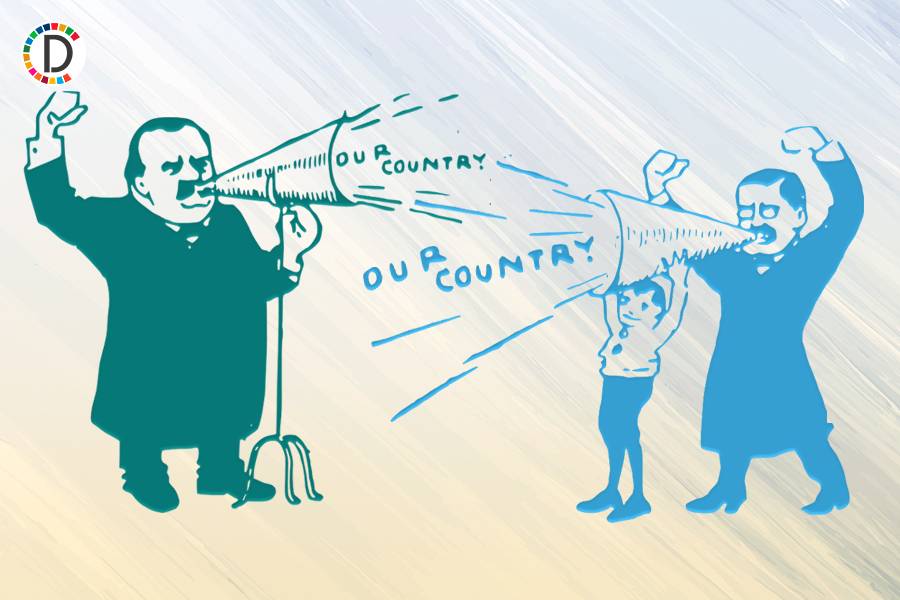Myanmar's Quake Diplomacy: The Seismic Shift of Power
A powerful earthquake in Myanmar has unexpectedly enhanced the diplomatic standing of ruling general Min Aung Hlaing. As his country reels from displacement and economic ruin, the disaster presents a chance for renewed international engagement. Myanmar benefits from aid despite ongoing conflict, highlighting regional power dynamics.

In the aftermath of Myanmar's deadliest natural disaster in years, ruling general Min Aung Hlaing finds himself in a strengthened diplomatic position. This comes as international aid flows into the country following a magnitude 7.7 earthquake that killed over 2,700 people, potentially ending his isolation on the world stage.
Before the disaster struck, Min Aung Hlaing was preparing for a rare foreign visit to a summit in Thailand. Analysts note that regional powers are eager to strengthen their influence in Myanmar amidst its ongoing civil conflict. While the junta benefits from aid, it continues military operations despite ceasefire calls.
As aid pours in from countries like China, India, and Russia, the junta could use the situation to its advantage on the battlefield. Some analysts suggest this is an opportunity for Min Aung Hlaing to regain a seat at the international table and explore new alliances beyond reliance on China.
(With inputs from agencies.)
ALSO READ
Niger's Junta Leader Solidifies Power: A New Era Begins
Niger Junta Announces Five-Year Transition Plan
Myanmar junta chief to join leaders' summit in Thailand, seeks bilateral meetings, sources say
South Sudan on Edge: Riek Machar's Arrest Spurs Fears of Renewed Civil War
Myanmar's Junta Plans December Election Amidst Calls for Dialogue










